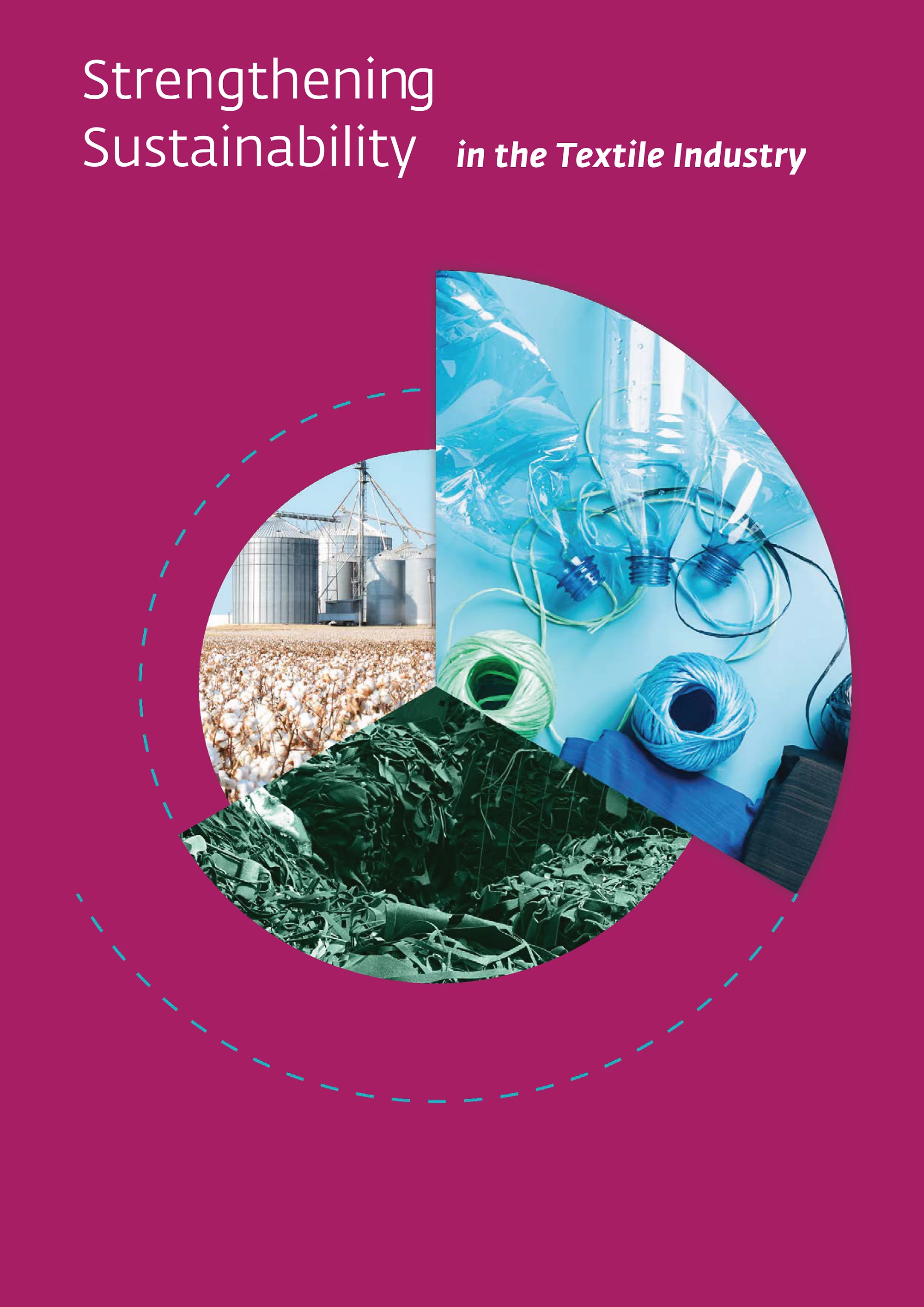Growing global concerns over climate change are putting an increasing focus on sustainability. This report is part of an occasional series on sustainability in industry which examines the opportunities and challenges facing various industrial sectors and the role that the International Finance Corporation can play to support their efforts and contribute to a greener planet.
Clothing is one of the fundamental necessities for physical well-being.
Everybody needs clothes, and every year, some 100 billion garments are manufactured. Thus, it is no surprise that fashion is one of the world’s biggest industries, generating revenues of over 7 trillion, employing tens of millions of people, and spewing billions of tons of greenhouse gases into the atmosphere. The environmental costs from the manufacturing of textiles and apparel—everything from water consumption to irrigated cotton to the burning of fossil fuels to power factories—are immense. A single pair of denim jeans will use 1,000 gallons of water to grow the cotton, manufacture the material, ship the garment, and launder after wear. Today, the combined textile and apparel sectors contribute as much as 8–10% of global greenhouse gas emissions. If the industry’s emissions continue on the same trajectory, it will be impossible for the world to meet the goals of the Intergovernmental Panel on Climate Change. Quick and substantive action is needed. Water conservation, energy decarbonization, and implementation of responsible waste management practices will require collaboration with policy makers, financial institutions such as the International Clothing is one of the fundamental necessities for physical well-being. Strengthening Sustainability in the Textile Industry Finance Corporation (IFC), and the consumers who purchase and ultimately dispose of the clothes they wear.
Contents
- Sector Background
- Sustainability
- Challenges & Opportunities
- IFC Role
- Conclusion
Click here to access all reports in the Sustainablity Series
